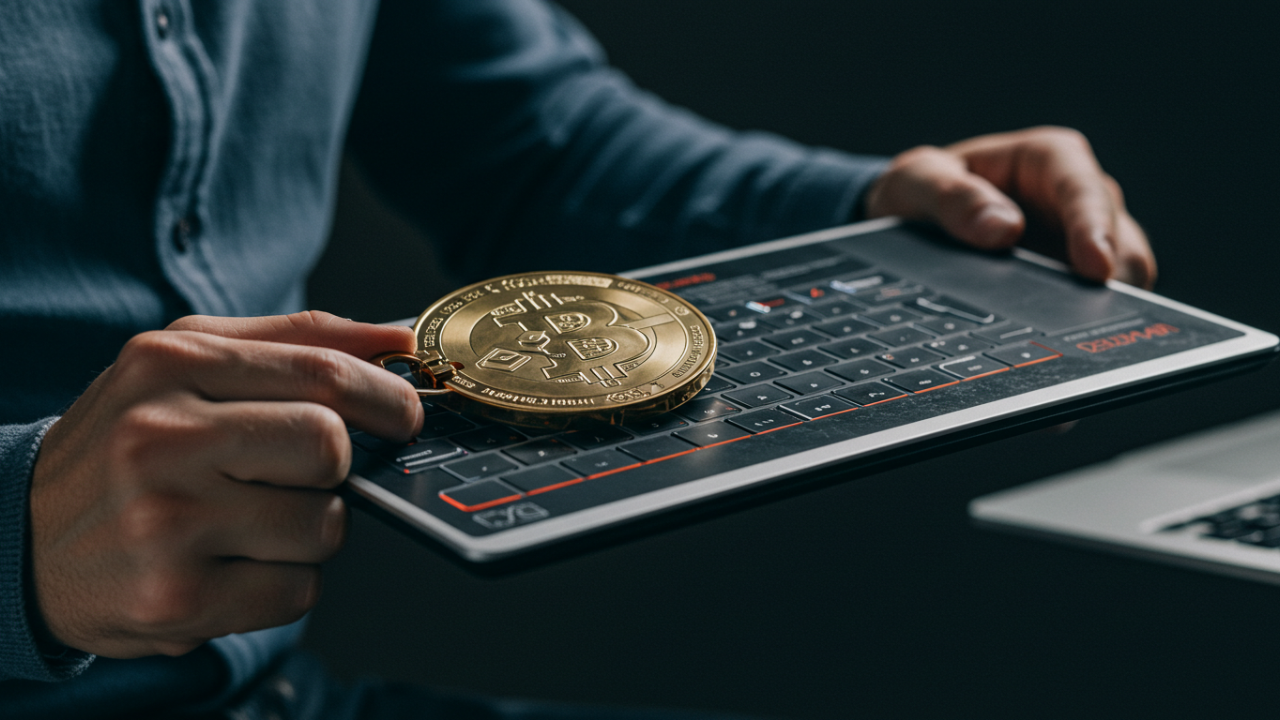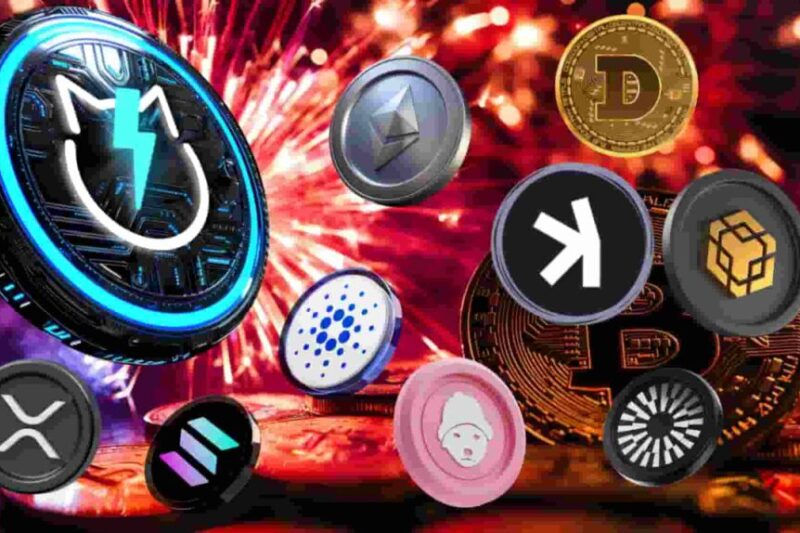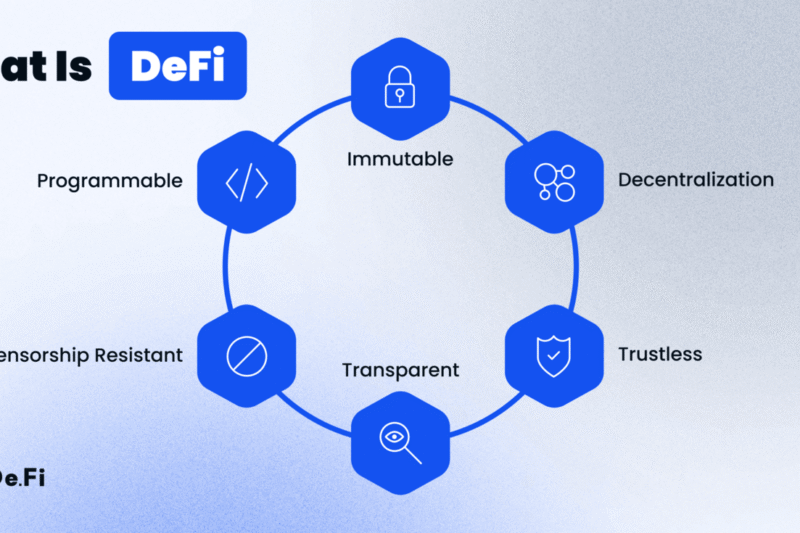You’re walking to your car when you realise you can’t find your keys. What do you do?
A crypto wallet is like a digital keychain, managing your private keys that prove ownership of cryptocurrency. Students will learn the differences between custodial and non-custodial wallets, as well as the pros and cons of each. They will also discover a beginner-friendly hardware wallet that balances simplicity and high security: Tangem.
1. Check the Area You Normally Keep Your Keys
Cryptocurrency is becoming increasingly popular, and many people are concerned about the safety of their wallets. While many of these users are familiar with basic security practices like using strong passwords and enabling two-factor authentication, some are neglecting superior strategies that could substantially reduce the risk of losing their crypto.
Having a designated spot for your keys can help you avoid losing them when at home. Whether it’s a hook, bowl or a shelf, setting this space aside is an effective way to prevent them from getting lost when you’re at home. In addition, having a set place for them will help you train yourself to check there first when you can’t find something you need.
When you’re looking for your keys, it’s a good idea to thoroughly check the area you normally keep them in. This will prevent you from wasting time searching for them in places you’ve already looked. For example, if you normally keep them on a hook or in a bowl, make sure to check around that area before looking in other locations.
The majority of lost objects are found within what Michael Solomon describes as the Eureka Zone, which is an 18-inch radius surrounding their proper placement. For example, if you’ve lost a book on your desk and can’t find it, chances are it’s in the area where you put it down for a moment and forgot about it.
This same principle can be applied when looking for your crypto wallet. Most of the time, your wallet’s 12-word secret key is stored somewhere on your device or in a backup that you’ve created. However, some users make the mistake of relying on a cloud storage solution like iCloud or Google Drive to save their private key, which is not secure enough for this type of sensitive information.
It’s a good idea to manually write down your 12-word secret recovery phrase on a piece of paper or use a metal phrase storage device. This will ensure that your data is kept securely offline, even in the event of a catastrophic disaster such as a fire or flood. It’s also important to avoid sharing your secret key with anyone, even if they claim to be a support rep from an exchange or wallet.
2. Check the Pockets You’re Wearing
If you’re a new crypto owner, it’s important to understand that wallet security is non-negotiable. Once your funds are stolen, they are nearly impossible to recover. The good news is, a little bit of preventative work can go a long way in keeping your holdings safe.
The most common causes of wallet loss are user error, phishing, and malware infections. Make sure your wallet software and device are up to date, and don’t share your 12-word secret recovery phrase or private keys with anyone (ever). This is a good rule of thumb for all crypto owners, regardless of their portfolio size.
Also, try to avoid accessing your wallet on public Wi-Fi networks, as they are notoriously hacker-friendly and can reveal your private information without even being hacked. Instead, use a virtual private network (VPN) to protect your connection and encrypt your data.
Lastly, it’s best to stick with hardware (cold) wallets when trading or buying NFTs on the open market, as they provide a greater level of offline security for your holdings. Ensure you’re buying from a reputable dealer and are aware of any additional features or security measures, such as two-factor authentication (2FA), that the wallet you purchase supports.
There are two types of wallets you can choose to store your cryptocurrency in: custodial and non-custodial. Custodial wallets are owned by a third party, like Coinbase, while non-custodial wallets are controlled directly by you (MetaMask, Ledger). Each option has its pros and cons, but the most important thing is to always back up your wallet and keep backups in multiple locations to mitigate against theft or hardware failure.

4. Check the Door
We’ve all lost our keys at one time or another, and being locked out of your house after dark can be both inconvenient and expensive (if you have to call a locksmith). Getting stranded outside is a bad situation, but it’s a lot worse when you don’t have a spare key. In this article, we’ll cover some practical advice to help you avoid this common problem and what to do if you do lose your keys.
It’s often a good idea to get a spare key cut in case you lose yours or if someone else accidentally takes it with them. It’s important to find a secure place to store it, though. You don’t want to put it under your doormat or in a flowerpot – those can be tempting targets for thieves. A key safe or lockbox is a more suitable choice, as they are much harder to target.
You should also consider getting a Bluetooth tracker that you can attach to your keys or bag to make it easier to locate them if they go missing. There are many different products to choose from, and tech websites like TechRadar have reviews of some of the best.
Crypto wallets usually contain private keys and seed phrases, which are backup codes that can be used to recover funds in the event the device where they are stored gets stolen or damaged. It’s important to always have a backup for these and never share them with anyone. If someone else has access to a crypto wallet’s private key or seed phrase, they could steal the entire balance from that wallet and run away with it.
If you can’t find your keys, don’t give up – check around all doors and windows to see if you left them unlocked or in a different room. You can also ask friends and family members to help you search, especially if they live in the same building as you. If all else fails, contact your local police station and report your keys missing. Providing a clear description of them and any key rings they may have can help the police return them to their rightful owner.



